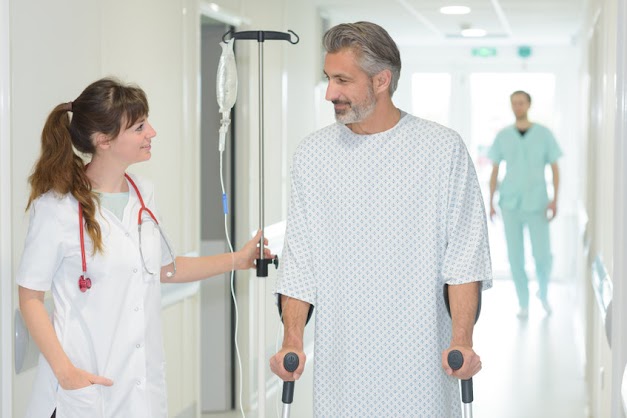Easy Tips to Check your Heart Health at Home; Catch These Signs!
Arlington doctors office is equipped with a lab that conducts a cholesterol panel and measures blood pressure. Both are related to heart health.
Self-monitor your blood pressure
For this, you must have a basic knowledge of blood pressure and what measurement is normal.
Blood pressure is the pressure at which blood flows through your arteries. The pressure can go up or down during the day, depending on your physical activity. This is normal. The pressure is considered abnormally high or low when it stays at that measurement for long or even when you are resting.
Normal blood pressure reading: less than or at 120/80 mm Hg.
Here, 120 is the systolic measurement - the pressure of the blood when your heart muscle contracts or squeezes. Measurement of 80 is diastolic - the pressure of blood when your heart muscle relaxes.
The range of pre-hypertension reading is 120-139 systolic and 80-89 diastolic.
High blood pressure or hypertension is diagnosed when your reading is 140-159 systolic and 90-99 diastolic.
High blood pressure needs immediate medical intervention. In fact, when your blood pressure crosses 159, please rush to a hospital.
Pre-hypertension is not a serious condition but an indication of a disorder that can become serious in the future if left unattended. Please visit one of the doctors at Arlington, VA, urgent care clinic for consultation.
Measure your pulse
Take your left or right wrist. Touch your wrist with the fingers of the other hand and find your pulse. Press very slightly, and you will find a palpating sensation at the wrist near the area of the base of your thumb. You can also find your pulse at the neck. Count the number of palpitations in a minute.
The normal pulse rate ranges from 60 to 100 beats per minute. Please take your pulse when you are rested. When you move or do some physical activity, your pulse rate increases.
Please contact a doctor at Arlington, VA, urgent care center if your pulse rate is 120 or above while resting.
Is your heart happy with exercise? Check out!
After a rigorous workout, monitor your pulse rate for three minutes. How quickly does your heart rate come down within the normal range? This will tell you how fast your heart recovers. A healthier heart must recover within minutes.
ED and heart – yes, there’s a connection!
ED (Erectile Dysfunction) is one of the signs of heart disorder, although it is not always so. However, medical experts at Arlington doctors office recommend people undergoing ED panels also undergo a heart checkup.
Other signs
Other probable signs are sleep apnea, bleeding or swollen gums, snoring, puffy feet or legs, arching or constriction in the shoulders or the neck, the waist circumference of above 40 in men and above 35 in women and shortness of breath.



Comments
Post a Comment